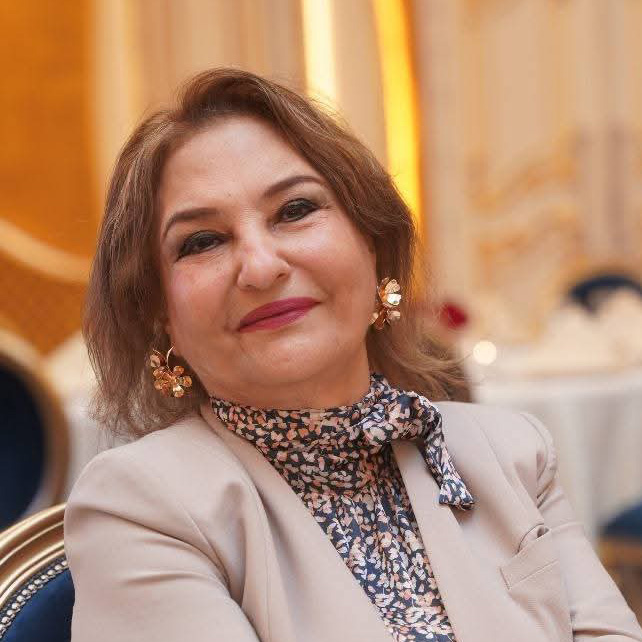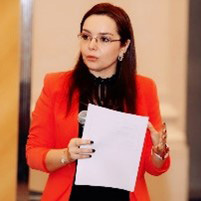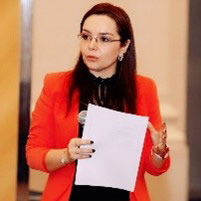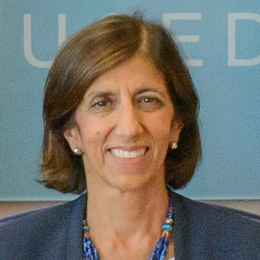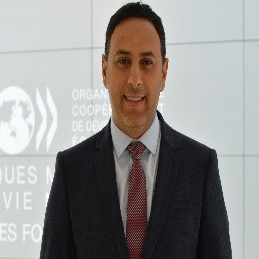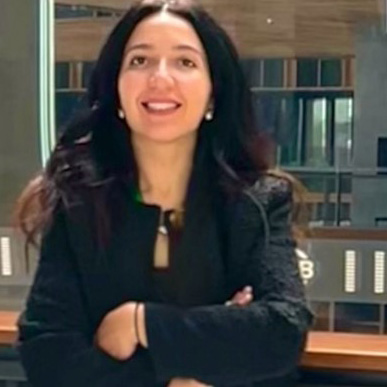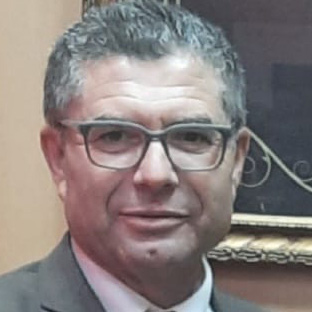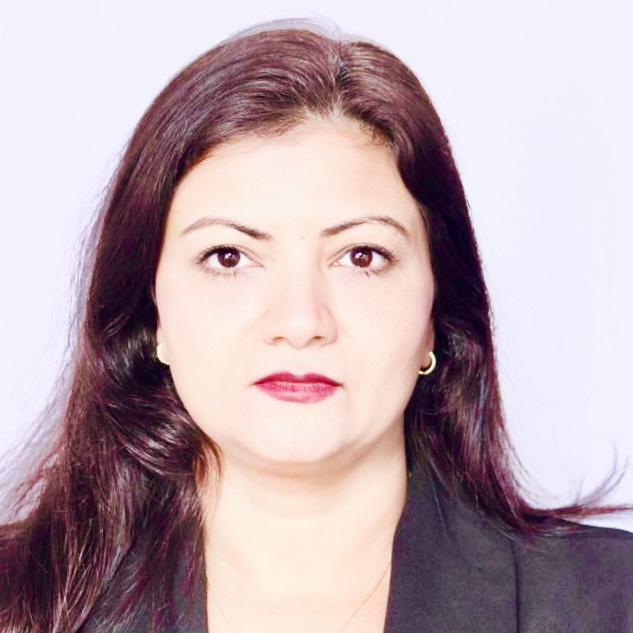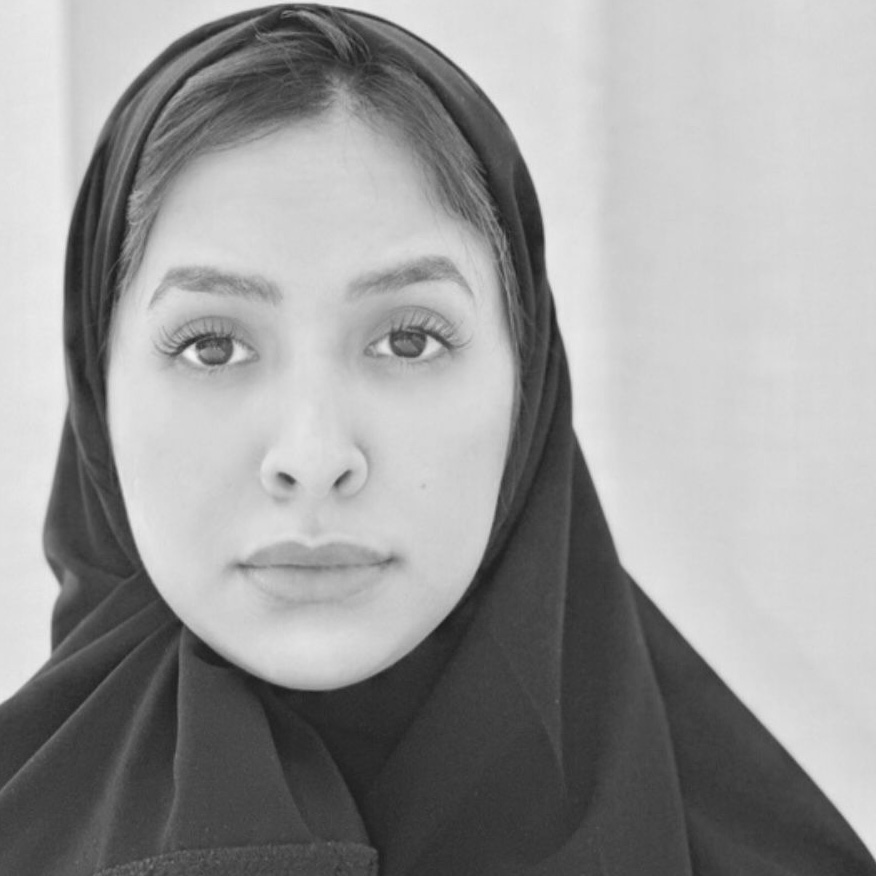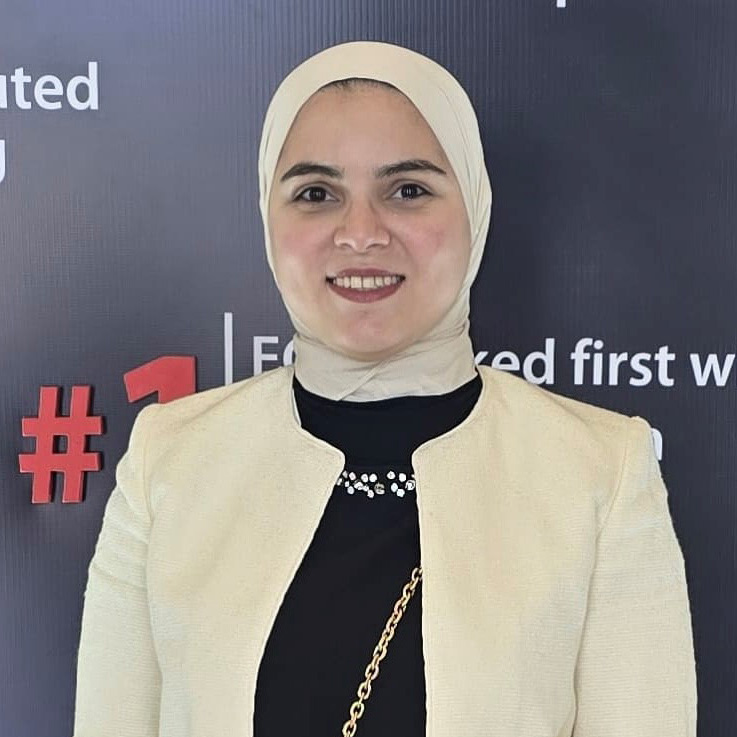Overview
Competition policies are fundamental to both advanced and developing economies, enhancing market efficiency and driving economic growth. Like other regions, Arab countries increasingly recognize the importance of competition laws and policies in fostering market dynamism, improving product and service quality, attracting investment, and encouraging innovation. Traditionally characterized by high market concentration and significant state participation, the Arab region is now actively strengthening its competition frameworks as part of its transition toward a market economy.
Recent years have seen notable progress in competition policy development across Arab countries, though implementation varies. The 2024 Arab Business Legislative Framework report, which tracks competition-related regulatory developments, shows an improvement in the regional competition assessment score from “moderate” in 2021 to “advanced” in 2024. Despite these gains, challenges remain, including reducing exemptions that weaken enforcement and improving transparency in competition regulations.
Further strengthening institutional capacity and enforcement mechanisms is essential to align with international standards and ensure effective implementation. The United Nations Economic and Social Commission for Western Asia (ESCWA) in partnership with the UN Trade and Development (UNCTAD) and the Organisation for Economic Co-operation and Development (OECD), supports these efforts through the Arab Competition Forum, established in 2020. The forum provides a platform for exchanging knowledge and expertise among stakeholders in the Arab.
This year’s forum will focus on advancing competition law enforcement in the Arab region, addressing key challenges, opportunities, and best practices. Key discussions topics include:
This year’s forum will focus on advancing competition law enforcement in the Arab region, addressing key challenges, opportunities, and best practices. Key discussions topics include:
- Mergers and acquisitions (M&A) – particularly cross-border transactions and their impact on regional market structures.\
- Market studies – their role in detecting anti-competitive practices and strengthening enforcement mechanisms.
- Legal and Evidentiary Challenges – the standard and burden of proof in competition cases.
- Abuse of dominance – investigative tools and legal frameworks to improve enforcement.
Through these sessions, the forum aims to support competition authorities in strengthening institutional frameworks, ensuring transparency, and fostering a competitive and sustainable economic environment in the Arab region.
The 6th Arab Competition Forum is organized by ESCWA, in partnership with UNCTAD, OECD, and the Competition and Antitrust Council of Iraq. This two-day event serves as a collaborative platform for knowledge-sharing, fostering cooperation at the national, regional, and global levels. Experts from competition authorities in member states will benefit from peer learning through international case studies and best practices.
The 6th Arab Competition Forum, themed “Competition Law Enforcement in the Arab Region”, aims to:
- Strengthen collaboration among competition authorities to combat anti-competitive practices.
- Enhance enforcement tools to improve the ability of competition authorities to detect monopolistic practices.
- Facilitate best practice exchange among ESCWA member states, strengthening regional competition law enforcement.


